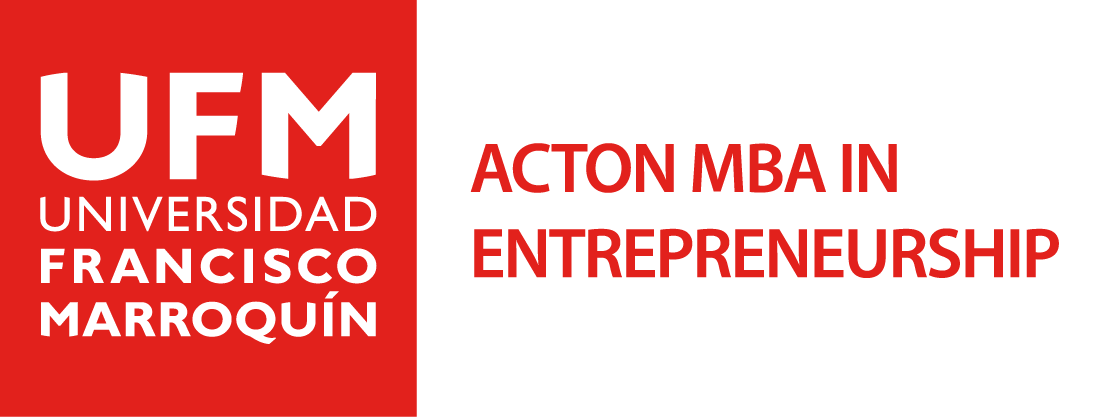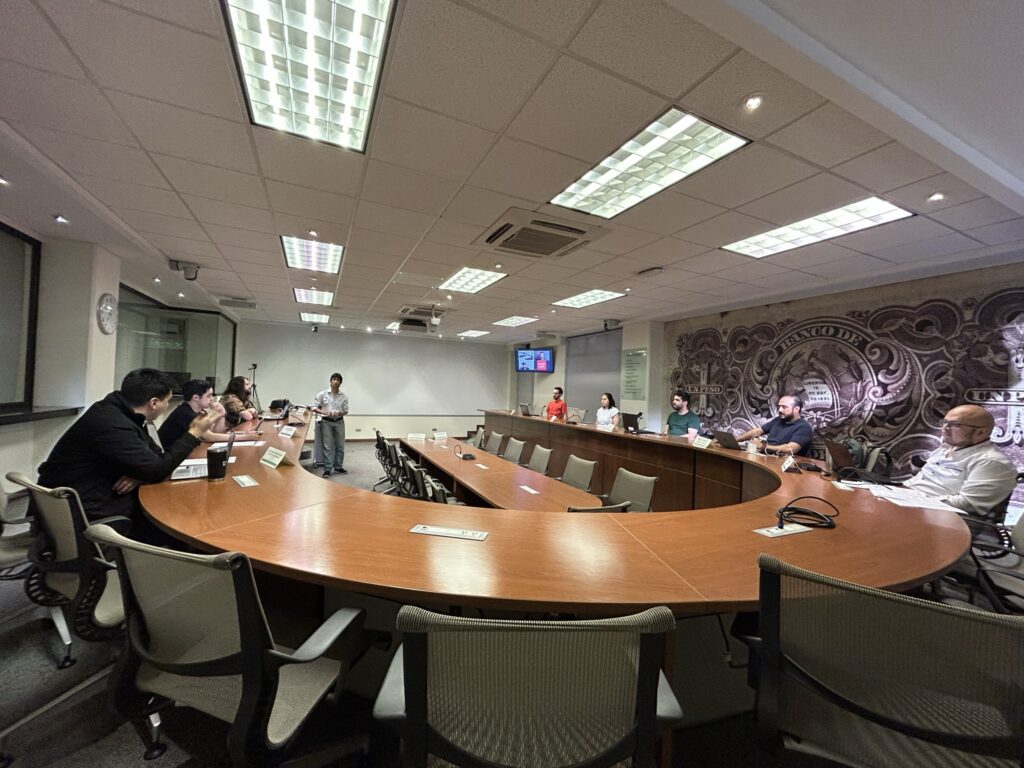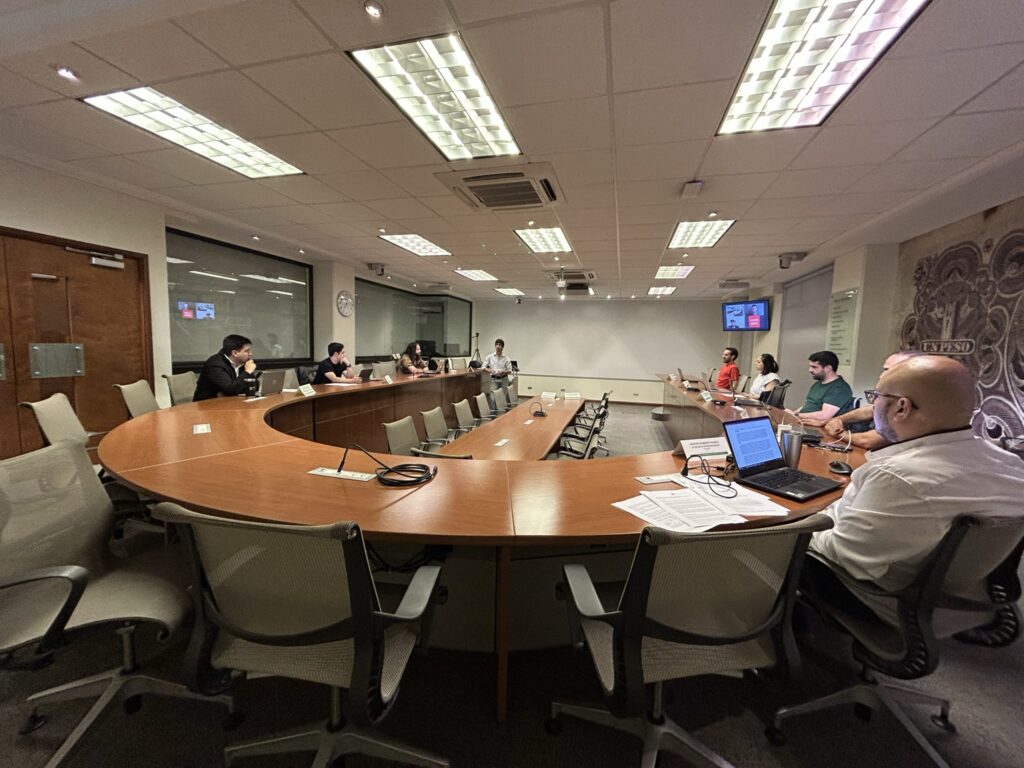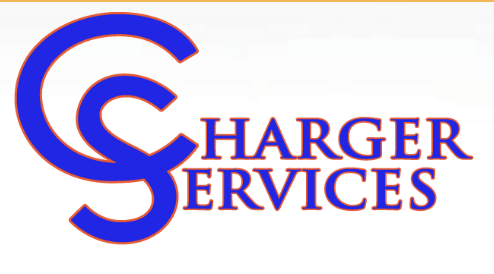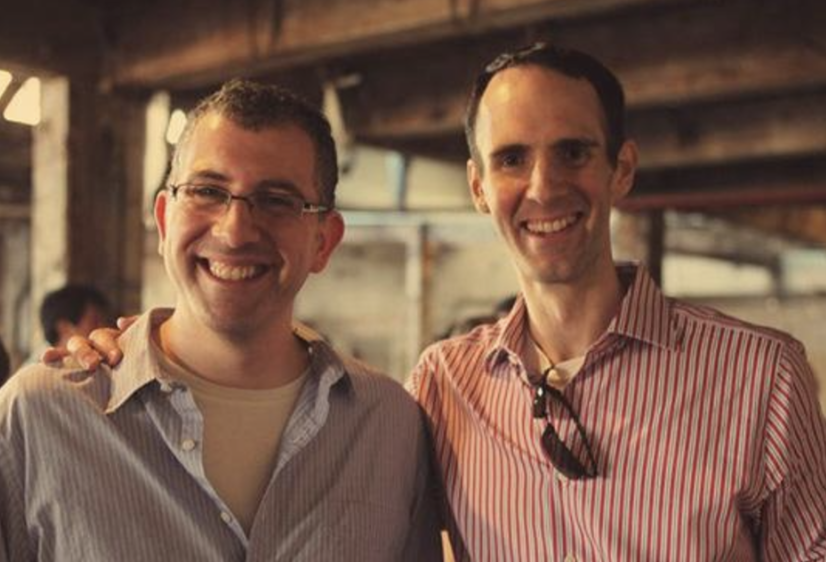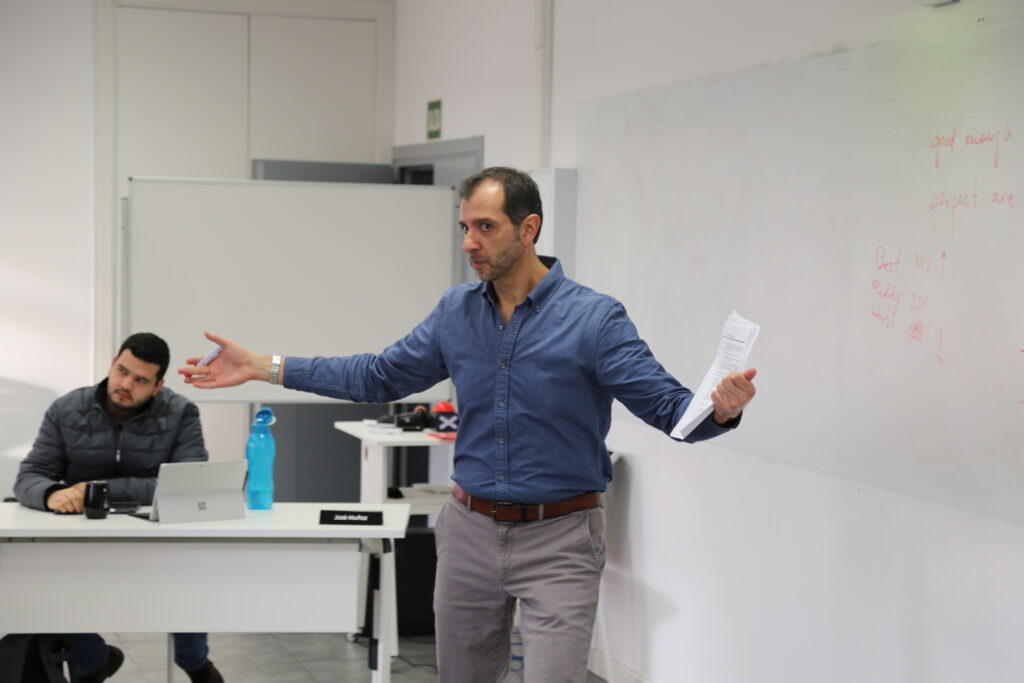Acton in Action: Jon Gray’s Entrepreneurial Journey With HomeAway
OCTOBER 7, 2014
“One of the key lessons of the Acton program is to begin with the end in mind… When you consider education and experience, know where you want to go and work very hard to iteratively execute against that long-term vision every day.”
Opportunity to IPO and Beyond
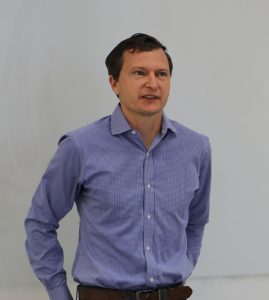
Jon Gray, Acton MBA Faculty Member
Shortly after graduating from Acton, Jon Gray (’04) began working with the two entrepreneurs who would found HomeAway (NASDAQ: AWAY), now the worldwide leader in online vacation rentals.
Jon helped complete the initial analysis that supported and directed the endeavor and was invited to join the newly formed company as a market analyst – and its third employee.
Almost eight years later, as vice president of the North America division of the company, Jon is responsible for more than half of Austin-based HomeAway’s revenues. Overseeing the company’s US vacation rental websites, such as HomeAway.com, VRBO.com and VacationRentals.com, Jon now leads several key functional groups including sales, marketing, product marketing and business development.
We often highlight Acton alumni who have launched and are running their own businesses, but Jon’s career serves as a perfect example of how one can apply his entrepreneurial skills to great effect from within a startup or organization.
At HomeAway, Jon’s contributions have taken him from opportunity analysis, through the company’s launch, explosive growth, successful IPO, and on to a growth that continues today.
We recently caught up with Jon about his career at HomeAway, the part he’s played in its journey from startup to public company, and how his time at Acton has impacted his own personal and professional achievement.
How did you first get involved with the company?
In late 2004, before the HomeAway business – which was originally called WVR Group – was launched, I worked on the proposal to invest in the company as an intern at Austin Ventures. I supported co-founders Brian Sharples and Carl Shepherd in the evaluation of over 100 vacation rental websites.
What we learned from those evaluations helped inform the decision in the beginning to primarily acquire instead of build, which companies to purchase, and to use a subscription-based business model that is core to HomeAway today.
What was it that most interested you about the company?
The people. In the early days of HomeAway, I worked very closely with Brian and Carl, and learned a tremendous amount in a short period of time. I am a lifelong student and they both were willing to invest time in teaching me, so it was a great fit.
Throughout the years at HomeAway, I have had the opportunity to work for and with truly amazing leaders. HomeAway’s team is what originally interested me in the company and is still one of the biggest contributors to my job satisfaction today.
The second thing that interested me in HomeAway was the business opportunity. HomeAway, even early on, had several key elements that made me believe it would become a large, successful business.
Some of those key elements were early profitability, operation of a predictable subscription model, the presence of thousands of paying customers (which means the business is not dependent on a few large clients), and the establishment of an international footprint.
What did you do when you first joined?
My first role at HomeAway was marketing analyst, focusing on due diligence and acquisition support for HomeAway’s initial five acquisitions in 2005. As the role and company progressed, my focus shifted to building some of HomeAway’s first business intelligence capabilities and channel marketing programs, including pay-per-click, email, affiliates and others.
What kind of growth has HomeAway experienced since that first day?
Today, HomeAway’s North American vacation rental business accounts for more than half of the company’s global revenue and is supported by nearly 200 of HomeAway’s 1,100 employees. The North American business is responsible for the ongoing operation of eight world-class vacation rental websites across the US, Mexico and Canada.
Our flagship website, HomeAway.com, features approximately 320,000 vacation rental properties across 134 countries. Our websites provide a strong value and return on investment to vacation rental owners and property managers. Our surveys indicate that the average property is renting out 19 weeks per year and grossing $28,000.
Can you share some of your contributions to HomeAway’s launch and growth?
Over the years, I have served in many different roles and touched many different functional areas of HomeAway’s global business. My varied exposure to the business was an amazing opportunity as it enabled me to learn a tremendous amount and to contribute in many different ways.
Some of the contributions I am most proud of are: establishing our early-stage Global Marketing Strategy and Analysis function, which has grown into a world-class team; serving on the teams that oversaw the acquisitions of more than ten vacation rental sites that collectively span four continents; working with the team to deliver HomeAway’s Series D financing and Initial Public Offering; and leading our North American business through a period of technological change that I believe will enable HomeAway to better serve all of our customers – owners, property managers and travelers – going forward.
What are your primary focuses and concerns today?
Today I focus on helping HomeAway transition from a young, acquisition-driven Internet company to a global leader in the travel industry. One major concern as we go through this transition is achieving a balance between what has made HomeAway successful in the past and what will drive our growth and development in the future.
Regardless, our strong desire to create the world’s largest and most-complete marketplace for vacation rentals by making every property for rent available to every vacationer in every country remains the same.
How has your experience at Acton affected your career?
I owe a great deal of my success to Acton. I learned so many things in the program that I have applied to my career and continue to use every day. For example, on the pragmatic side, Jeff Serra taught me how to effectively and quickly build financial models and I leveraged this skill virtually every day when I led HomeAway’s Global Marketing Strategy and Analysis organization. Another key lesson came from Phil Siegel in his marketing class where he taught me how to put myself in the mindset of the customer to comprehensively understand their needs before determining how best to market to them.
Overall, from Acton I gained valuable tips on how to approach to my career. The first is to remember that “overnight success” typically takes ten to fifteen years. Therefore, instead of trying to accomplish everything today, focus on continuous improvement and growth each day in the direction you want to go.
I also learned that one of the most important career considerations is who your boss will be. Since I began my career, I have been mindful of who I report to and I have learned a tremendous amount from the series of leaders who I have had the privilege of working for.
Finally, a value I gained from my time at Acton is also an important life lesson – the first ten years of a career are foremost about learning, not about salary or title.
What advice would you offer to current and prospective Acton students interested in tech or online startups?
One of the key lessons of the Acton program is to begin with the end in mind. I think that is the best advice you can give to someone with the desire to start a career in an online or tech startup. When you consider education and experience, know where you want to go and work very hard to iteratively execute against that long-term vision every day.
Questions? Let Us Know!
Want to learn more about Acton? We’d love to hear from you so feel free to contact us directly!
